Phonemic Awareness
Reading in Motion is happy to include the fundamental skill of phonemic awareness in our core curriculum! Phonemic awareness derives from the term “phonemes,” which refers to the individual speech sound used when speaking a word. It involves several key strategies related to understanding how these sounds function and interact within words, and forms the essential groundwork upon which early reading and writing skills are built.
Why Phonemic Awareness Matters
Research consistently shows a strong correlation between early phonemic awareness and later reading success. Children who develop strong phonemic awareness tend to become more proficient readers, as they can more easily decode unfamiliar words and comprehend written text.
Conversely, those who struggle with phonemic awareness often face challenges in reading and spelling throughout their academic careers. By fostering phonemic awareness early on, educators and parents can provide children with a powerful tool that not only facilitates initial reading and writing acquisition, but also supports long-term literacy achievement and academic success.
Teaching Strategies for Phonemic Awareness
- Use of Rhymes and Songs: Helps students hear and practice phonemes in a fun context.
- Segmenting and Blending Activities: Engage students in breaking down and combining sounds through interactive exercises.
- Phoneme Manipulation Games: Incorporate games that focus on adding, deleting, or substituting phonemes to build skills.
- Visual and Auditory Cues: Utilize tools like phoneme cards and sound boxes to reinforce learning.
By including phonemic awareness in our curriculum, we aim to provide the skills needed to read, write, and find academic success in the future.










